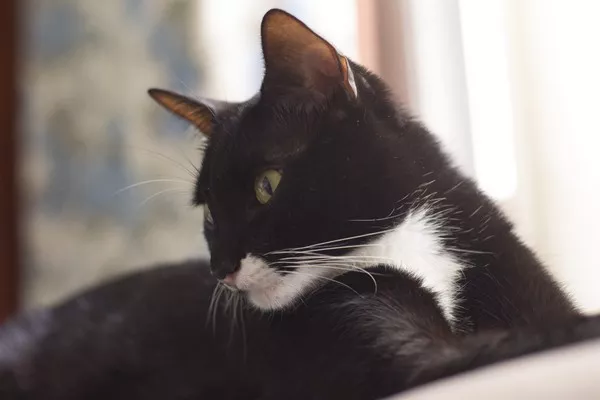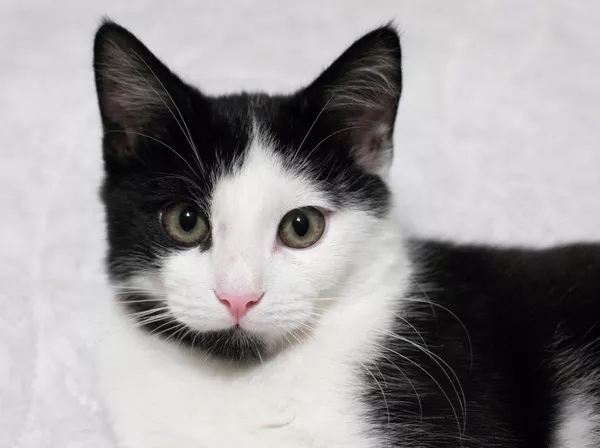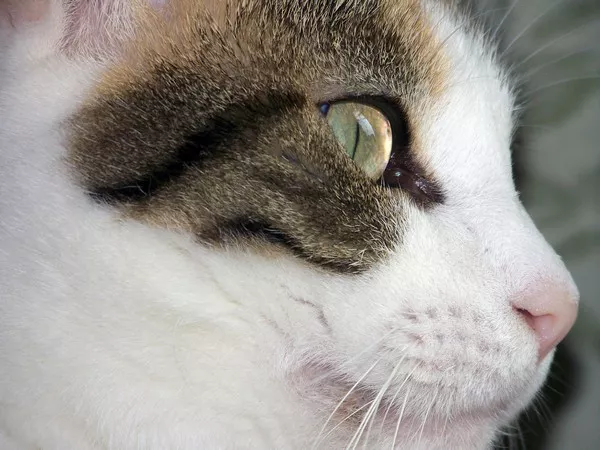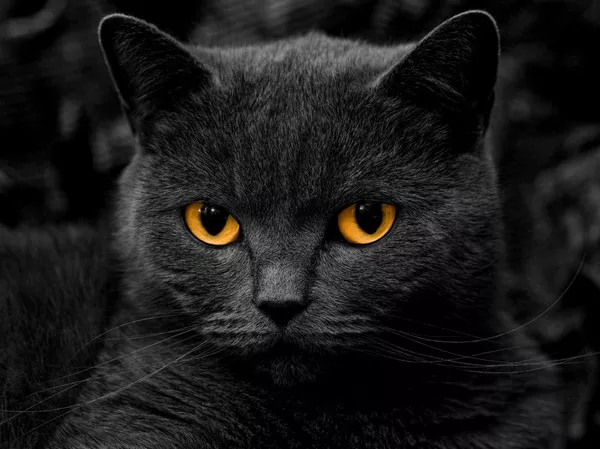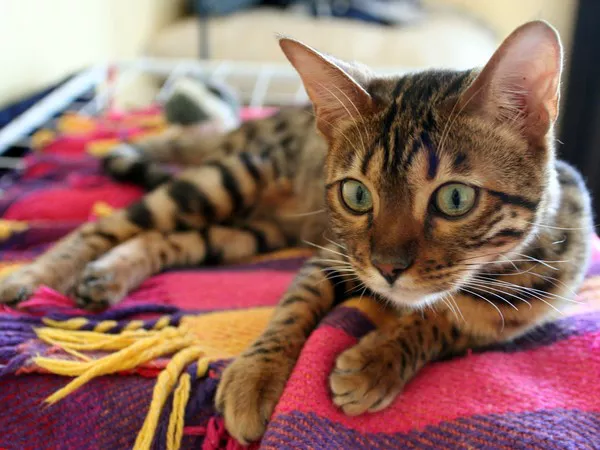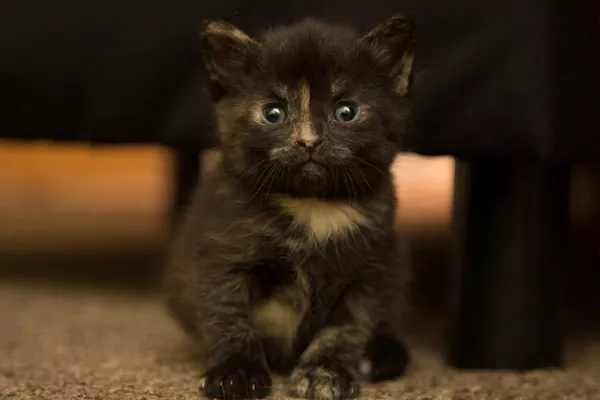Korat cats are a popular breed of cat known for their blue-grey coat and distinctive green eyes. While these cats are generally healthy, they may be prone to certain health problems that owners should be aware of. In this article, we will discuss some of the most common health problems that affect Korat cats, as well as how to prevent and treat these conditions.
Genetic Diseases
Like many purebred cats, Korats may be prone to certain genetic diseases. One of the most common genetic conditions in Korats is known as gangliosidosis, which is a neurological disorder that affects the cat’s ability to move and coordinate its movements.
Other genetic diseases that may affect Korats include polycystic kidney disease, which can lead to kidney failure, and hypertrophic cardiomyopathy, which is a heart condition that can cause sudden death.
To prevent genetic diseases in Korats, it is important to choose a reputable breeder who screens their cats for these conditions.
Genetic testing can help identify cats that are carriers of these diseases, so that breeders can avoid breeding them. Regular check-ups with a veterinarian can also help detect genetic diseases early, allowing for prompt treatment.
Dental Problems
Dental problems in Korat cats can be caused by a variety of factors, including poor dental hygiene, genetics, and diet. When left untreated, dental problems can lead to a host of health issues, including tooth loss, pain, and infection. Additionally, dental disease can contribute to other health problems, such as heart disease and kidney disease.
To prevent dental problems in Korat cats, it is important to provide regular dental care. This includes brushing your cat’s teeth daily with a soft-bristled toothbrush and toothpaste specifically designed for cats. It’s important to start dental care early in your cat’s life, as this can help prevent dental problems from developing in the first place.
In addition to regular brushing, providing dental treats and toys can also help keep your cat’s teeth clean and healthy. These products are specifically designed to help remove plaque and tartar from your cat’s teeth, reducing the risk of dental disease.
Regular dental check-ups with a veterinarian are also important for preventing dental problems in Korat cats. During a dental exam, your veterinarian will examine your cat’s teeth and gums for signs of dental disease, such as inflammation, bleeding, or loose teeth. If your cat does have dental disease, your veterinarian may recommend professional cleaning, extractions, and antibiotics to treat the condition.
Obesity
Obesity is a serious health problem that affects many cats, including Korats. Obesity occurs when a cat consumes more calories than they burn through exercise and daily activities, leading to an accumulation of excess body fat. This can lead to a variety of health problems, including diabetes, joint problems, heart disease, and a reduced lifespan.
To prevent obesity in Korats, it is important to provide a healthy diet and plenty of exercise. Choose a high-quality cat food that is appropriate for your cat’s age, weight, and activity level. Avoid feeding your cat table scraps or human food, as these can be high in calories and unhealthy for cats. Additionally, monitor your cat’s food intake and provide measured portions to prevent overfeeding.
In addition to a healthy diet, providing plenty of opportunities for exercise is important for preventing obesity in Korats. Encourage your cat to play and be active by providing toys, climbing structures, and interactive playtime. Regular exercise not only helps burn calories, but also keeps your cat’s muscles and joints healthy.
Regular check-ups with a veterinarian are also important for monitoring your cat’s weight and overall health. Your veterinarian can help determine if your cat is at a healthy weight and provide advice on how to maintain a healthy weight. If your cat is overweight or obese, your veterinarian may recommend a weight loss program, which may include a special diet, increased exercise, and regular weigh-ins.
Urinary Tract Problems
Urinary tract problems are a common issue in cats, and Korats may be more prone to certain urinary tract conditions than other breeds. These conditions can include bladder infections, feline lower urinary tract disease (FLUTD), and urinary blockages. Urinary tract problems can be painful and can lead to serious health complications if left untreated.
To prevent urinary tract problems in Korats, it is important to provide plenty of fresh water and a healthy diet. Cats require a diet that is high in moisture, as this helps keep their urinary tract healthy and reduces the risk of urinary tract problems. Avoid feeding your cat foods that are high in magnesium and phosphorus, as these minerals can contribute to the formation of urinary crystals and stones.
In addition to providing a healthy diet, regular check-ups with a veterinarian are important for preventing urinary tract problems in Korats. During a veterinary exam, your veterinarian can check for signs of urinary tract problems, such as blood in the urine or discomfort during urination. If your cat is at risk for urinary tract problems, your veterinarian may recommend additional testing or dietary changes to help prevent these issues.
If your Korat does develop a urinary tract problem, prompt veterinary care is essential. Treatment may include antibiotics for infections, dietary changes, and medication to relieve pain and inflammation. In severe cases, hospitalization and surgery may be necessary.
Conclusion
Korat cats are a wonderful breed of cat that make great pets. However, like all cats, they are prone to certain health problems that owners should be aware of. These health problems can range from genetic diseases to dental problems, obesity, and urinary tract problems. By providing regular veterinary care, a healthy diet, and plenty of exercise, you can help prevent and treat these conditions, ensuring that your Korat cat lives a happy and healthy life.
It’s important to remember that prevention is key when it comes to maintaining your cat’s health. Regular check-ups with a veterinarian can help detect health problems early, allowing for prompt treatment. Additionally, providing a healthy diet and plenty of exercise can help prevent many health problems from developing in the first place.
Related Topics





